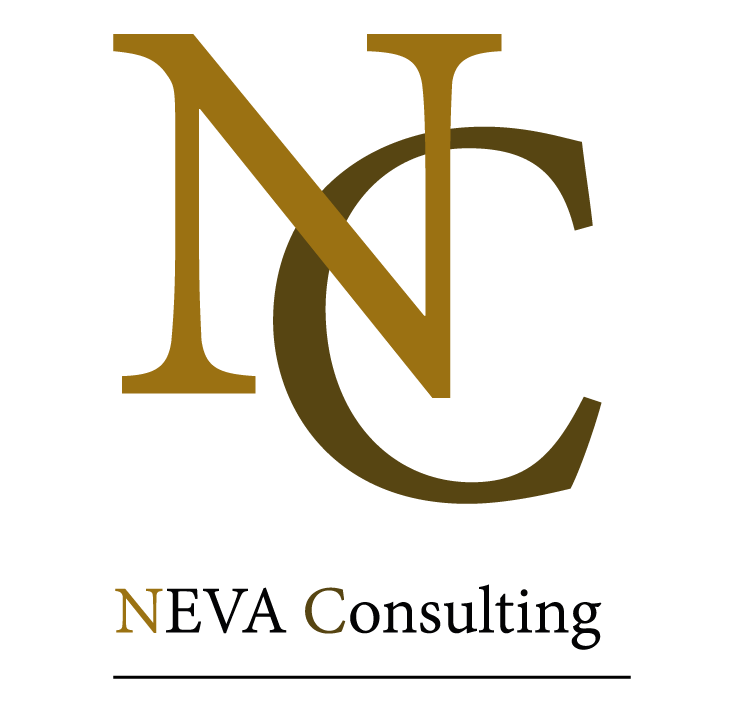Lorem ipsum dolor sit amet, consectetur adipiscing elit. Ut elit tellus, luctus nec ullamcorper mattis, pulvinar dapibus leo.
What does or can the Whistleblowing Directive mean for your organization ?
11 June 2022 – Vanessa Galhardo-Galhetas
On 7th October 2019, Directive (EU) 2019/1937, also known as the Whistleblowing Directive was adopted and came into force on 16th December 2019. The proposal has received lots of attention due to the fact that it obliges organizations with at least 50 employees to implement formal whistleblower protection and reporting mechanisms.
By 17 December 2021, Member States should have adopted measures to comply with the Whistleblowing Directive. By the same deadline, i.e., 17 December 2021, private companies with more than 250 employees should have established their internal channels and procedures in compliance with the Whistleblowing Directive and the applicable national law. By 17 December 2023, private companies with 50 to 249 workers should establish their internal channels to enable whistleblowing.
Core elements of the Directive are:
- Protection exists for employees who report their concerns, for job applicants, former employees, and supporters of the whistleblower and journalists
- Whistleblowers are protected from dismissal, degradation and other forms of discrimination
- Protection applies only to reports of wrongdoing relating to EU law, such as tax fraud, financial services, money laundering or public procurement offences, product and road safety, environmental protection, public health and consumer and data protection.
- Whistleblowers can choose to report a concern internally within the company or directly to the competent supervisory authority.
What are the sanctions imposed by the Directive?
The Whistleblower Directive calls for effective, proportionate and dissuasive penalties for natural or legal persons who (attempt to) obstruct reporting, who fail to keep the identity of the whistleblower confidential or who retaliate against whistleblowers. No minimum penalty is provided by the Directive. It remains to be seen how Belgium will transpose the Directive and the penalties it requires.
A burden or an opportunity?
Obviously, in the short term the Whistleblowing Directive is a tremendous challenge for organizations, with an approaching deadline of the new legislation and the creation of potential significant new risks for organizations. Companies are challenged to react quickly and confidently. The reality is that organizations often do not have the resources, the knowledge or the tools to be able to do so.
Nevertheless, this Directive is also an opportunity for organizations, as the ambitions of this Directive to create more sound, and psychological safe organizations by allowing to speak-up and thus creating openness and protection for those that have the courage to disclose breaches.
The Whistleblowing Directive is about more than just Compliance, it is also and perhaps even more about leadership. Many organizations have already chosen to walk on this path, where leadership values ethical behavior and encourages to comply with legal obligations and to disclose situations where this is not the case.
If your organization would like any support with the implementation of these new obligations and making them part of your compliance and leadership model, do not hesitate to contact us
